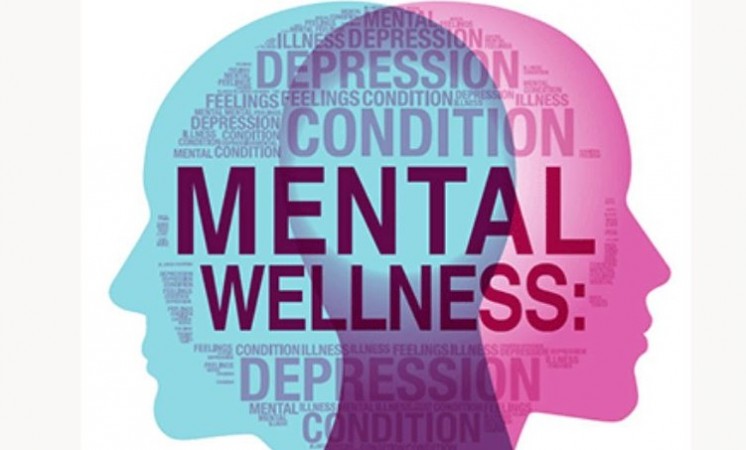
World Mental Health Day is a significant occasion that serves as a reminder of the importance of addressing mental health issues globally. In India, it is estimated that a staggering 80 percent of individuals grappling with mental health problems do not seek treatment. The reasons behind this alarming statistic are multifaceted, ranging from a lack of awareness, and societal neglect, to the pervasive stigma associated with mental health issues. In this article, we explore the challenges faced by those dealing with mental health conditions in India and the urgent need for increased awareness and understanding within society.
The Mental Health Landscape in India
Dr. Nand Kumar, a professor in the Department of Psychiatry at AIIMS, aptly pointed out that a significant problem contributing to the underutilization of mental health services in India is the lack of awareness and understanding among the general population. This lack of awareness is a significant barrier to early diagnosis and treatment.
Mental health disorders encompass a broad spectrum of conditions, including common issues like insomnia, mild anxiety, and depression, as well as more severe mood disorders, obsessions, and psychoses. This diversity of conditions can make it difficult for individuals to identify and acknowledge their struggles. Often, individuals are unaware that what they are experiencing is a mental health issue, leading to delayed treatment initiation.
The Stigma Surrounding Mental Health
One of the most pervasive challenges in addressing mental health issues in India is the stigma associated with these conditions. Mental health stigma is a deeply ingrained societal belief that often leads to discrimination, fear, and the alienation of individuals dealing with mental health problems.
The fear of being labeled as "mentally ill" or facing societal judgment can be a significant deterrent for those in need of help. People often choose to suffer in silence rather than seeking support or treatment. This stigma perpetuates the silence surrounding mental health and further exacerbates the complexities faced by individuals seeking assistance.
The Role of Education in Raising Awareness
In light of these challenges, it becomes evident that there is a pressing need to integrate mental health awareness and education into the broader educational system. Educating students from a young age about both physical and mental health is crucial to destigmatize mental health issues and encourage early intervention.
By including mental health education in school curriculums, we can create a generation of informed and empathetic individuals who are better equipped to identify mental health concerns in themselves and others. Furthermore, this education can help reduce the prejudice and discrimination associated with mental health issues, fostering a more compassionate and inclusive society.
While observing World Mental Health Day in its date, day, and beyond, it is crucial to acknowledge the stark reality of mental health awareness and treatment in India. The fact that 80 percent of individuals with mental health problems do not seek treatment underscores the urgent need for action.
To address this issue, we must work collectively to increase awareness, eliminate the stigma, and promote understanding of mental health issues. By integrating mental health education into our schools and communities, we can pave the way for a brighter, more inclusive future, where individuals feel comfortable seeking the help they need to lead healthier, more fulfilling lives. Together, we can create a society where mental health is a priority, not a silent burden.